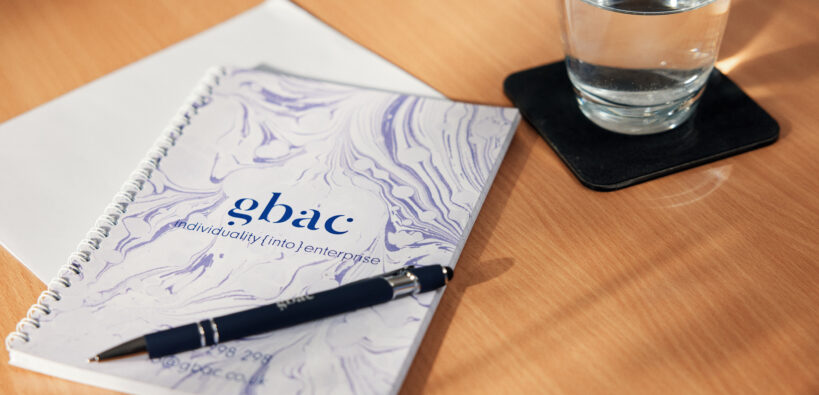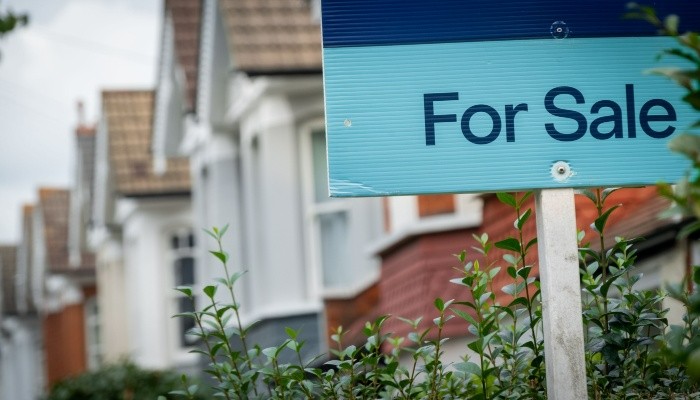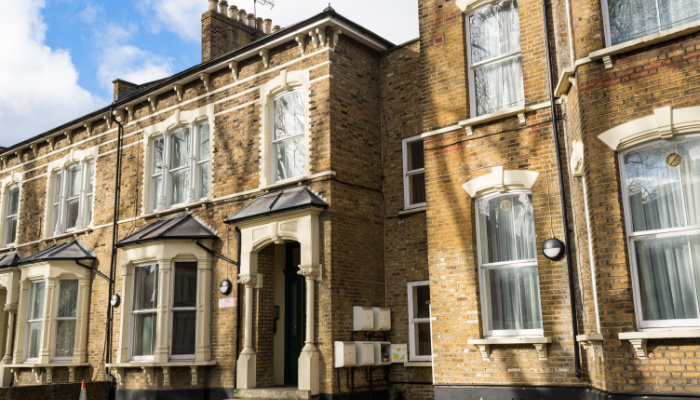Not only do we work with managing agents and companies to produce service charge accounts and statutory accounts, but we can also deal with all Companies House filing obligations to ensure that you fulfil your legal obligations as a business.
what are service charge accounts?
When a building is separated into individually owned / occupied units, whether residential or commercial, service charge accounts are needed to formally manage shared running costs for the building. These can include cleaning and maintenance, lighting and heating for communal areas, waste collection, building insurance, security, and management costs.
Service charge accounts provide a formal summary of costs, typically based on estimates from previous years, and collect the charges from the occupiers. This ensures that the funds are available to pay for the required maintenance of the building as and when they’re needed. They’re typically charged annually, though the charges may be collected quarterly or bi-annually.
Property management companies, landlords, and agents use service charge accounts to set out and collect appropriate charges as agreed in the occupiers’ leasehold or tenancy contracts. It is a legal requirement to produce these accounts and file them with Companies House.
These accounts can be complex and may lead to disputes between occupiers and owners if they aren’t managed properly. Having a qualified accountant to prepare and certify service charge accounts reduces the risk of discrepancies, ensuring that your accounts are accurate and up to date.
contact us for service charge accounting
Accounting for service charges requires an understanding of the property industry and its technical specialisations. It’s possible for landlords and management companies to handle service charge accounts in-house, but there are many things that can go wrong if they’re mismanaged, with potential negative consequences for occupiers and owners.
It’s a better idea to rely on dedicated accountants who can comprehensively manage your service charge accounts for you. At gbac, our highly experienced team will assist with the preparation of service charge accounts through our seamless and pro-active service, keeping your accounts in order, your properties in their best condition, and the occupiers happy.
If you would like more information about how gbac can help you with your service charge accounts, please contact us via the form below and start the journey to see how we can assist your company in the long term.







